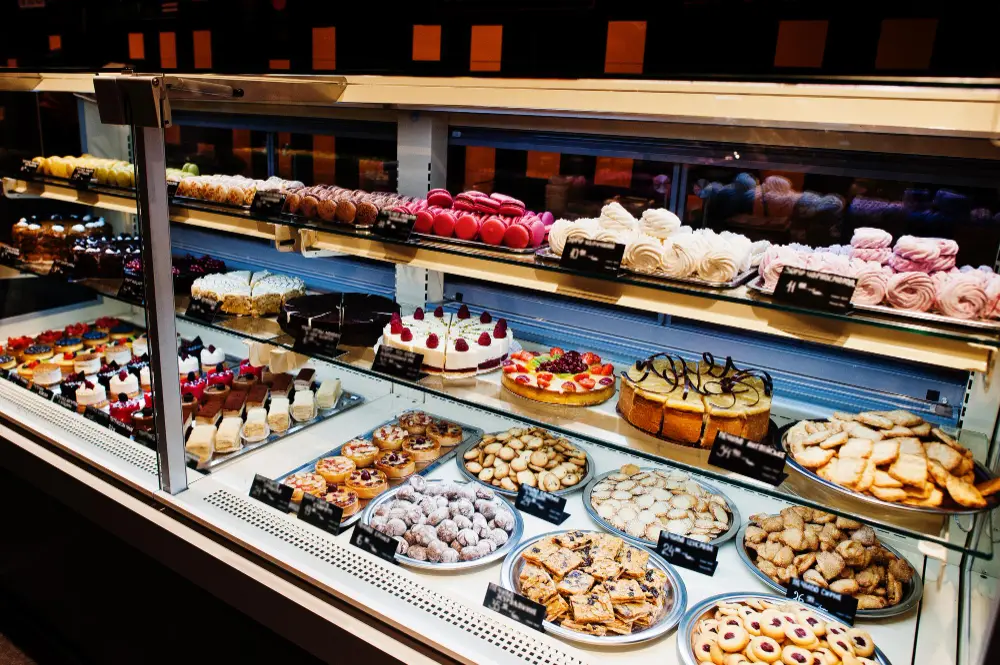Setting Up a Bakery in Nigeria: Your Comprehensive Guide to Success

Dreaming of setting up a bakery in Nigeria and filling the air with the irresistible aroma of freshly baked goods? This guide will provide you with a comprehensive roadmap, covering essential equipment, valuable tips, and key considerations to help you turn your bakery aspirations into a delicious reality.
1. Bakery Business Plan and Legalities:
- Market Research: Analyze the local bakery scene, identify your target customers, and assess the competition. Determine the demand for your products and unique selling points.
- Business Plan: Craft a detailed business plan outlining your concept, menu, pricing, target market, marketing strategies, and financial projections.
- Legalities: Register your business name, obtain necessary permits and licenses from relevant authorities (e.g., Corporate Affairs Commission, NAFDAC), and ensure compliance with health and safety regulations.
2. Essential Bakery Equipment:
- Commercial Oven: The heart of your bakery, choose an oven that suits your production volume and baking needs (convection, deck, or rotary).
- Mixer: Essential for mixing dough, batters, and other ingredients. Consider the size and capacity needed for your operations.
- Proofing Cabinet: Creates a controlled environment for dough to rise properly.
- Work Tables: Sturdy stainless steel tables for food preparation and baking.
- Refrigerator/Freezer: Essential for storing ingredients, dough, and finished products.
- Baking Pans and Trays: Invest in a variety of sizes and shapes for different baked goods.
- Measuring Tools: Scales, measuring cups, and spoons are crucial for accurate recipe execution.
- Utensils: Mixing bowls, spatulas, whisks, pastry bags, and other tools for baking and decorating.
- Display Cases and Packaging: Showcase your products attractively and ensure safe packaging for transport.
- Other Equipment: Consider additional items like dough sheeters, bread slicers, and commercial coffee machines if relevant to your bakery concept.
3. Sourcing Ingredients and Supplies:
- Quality Ingredients: Source high-quality flour, sugar, butter, yeast, and other ingredients from reputable suppliers to ensure consistent product quality.
- Packaging: Invest in attractive and functional packaging that reflects your brand and keeps products fresh.
- Cleaning Supplies: Maintain a clean and hygienic bakery with appropriate cleaning agents and tools.
4. Staff and Training:
- Hiring: Recruit skilled bakers, pastry chefs, and sales staff who share your passion for quality.
- Training: Provide comprehensive training on recipes, baking techniques, hygiene, and customer service.
5. Marketing and Promotion:
- Create a Strong Brand: Develop a memorable brand identity with a logo, tagline, and visual elements that reflect your bakery’s personality.
- Social Media: Leverage social media platforms to showcase your products, engage with customers, and run promotions.
- Local Partnerships: Collaborate with local businesses, cafes, and restaurants to supply your baked goods.
- Customer Loyalty Program: Reward repeat customers with discounts or exclusive offers.
Additional Tips:
- Pricing: Set competitive prices that reflect the quality of your ingredients and craftsmanship.
- Menu Development: Offer a variety of baked goods to cater to diverse tastes and preferences.
- Seasonal Specials: Introduce seasonal items to keep your menu fresh and exciting.
- Quality Control: Maintain strict quality control measures to ensure consistency and customer satisfaction.
- Customer Feedback: Listen to customer feedback and use it to improve your products and services.